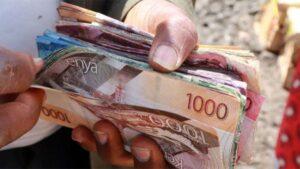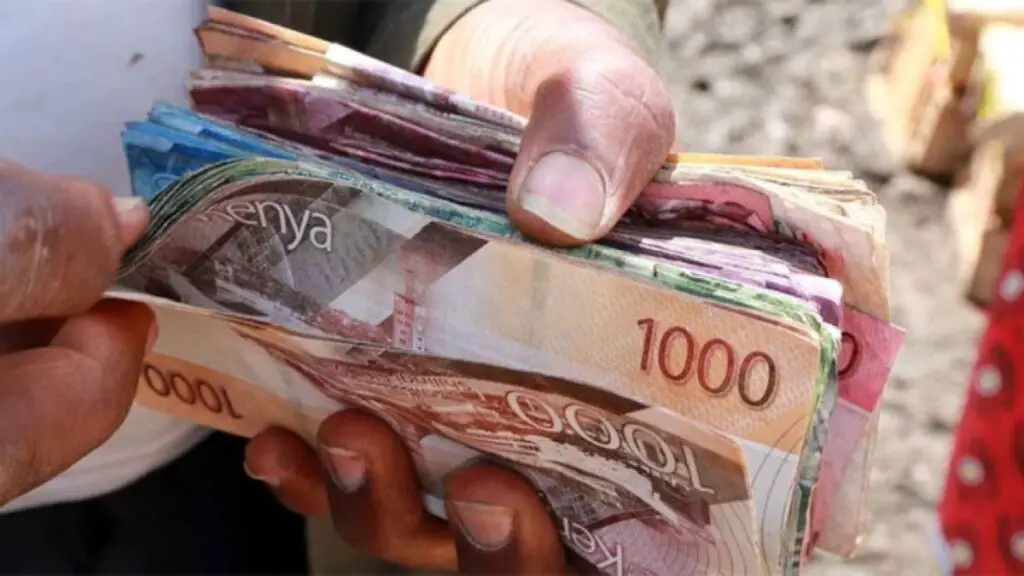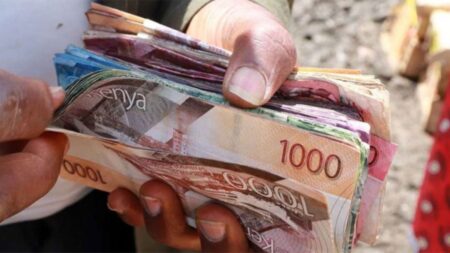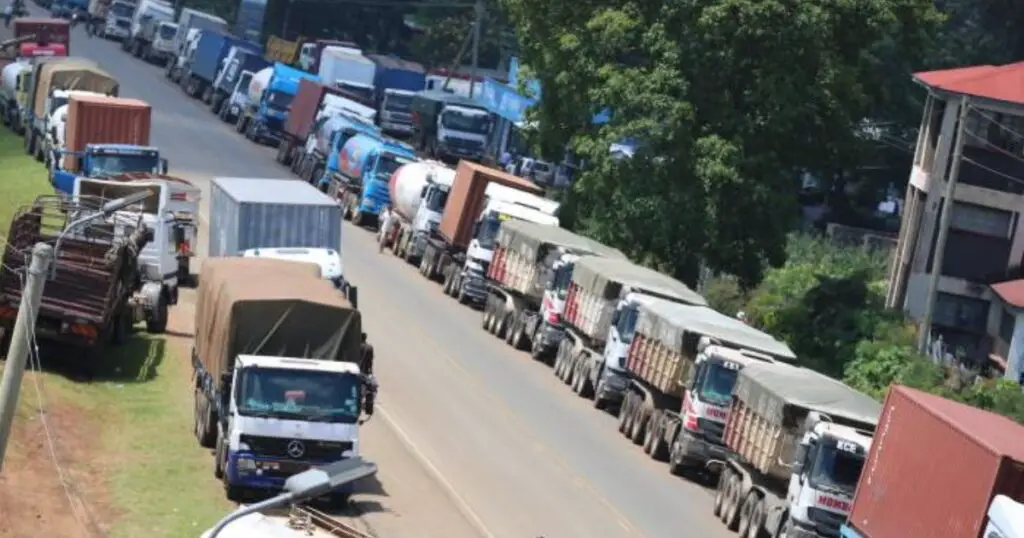Kenya’s high-interest rates hit 13 per cent in the last review by the Central Bank of Kenya. Since mid-2023, however, the World Bank’s index of commodity prices has remained essentially unchanged. World Bank reiterates that between mid-2022 and mid-2023, global commodity prices plummeted by nearly…
Kenya-Ethiopia trade relations have been on the rise in the past 27 years, with Kenya having the upper hand. Ethiopia,…
There is a debt crisis in Africa as countries struggle to repay international loans. According to the World Bank, nine…
Over 300 startups are converging in Abu Dhabi between May 7th and 9th for three days of innovation, collaboration, and…
TLcom Capital has raised $154 million in its second Fund, TIDE Africa II With this second fund, TLcom Capital maintains…
AfDB asks policymakers to put in place an orderly and predictable way…
Featured
International arrivals increased from 1.48 million in 2022 to 1.95 million as…
Industry & Trade
Artificial intelligence in Africa can potentially propel the fintech industry into a…
Countries
Kenya’s high-interest rates hit 13 per cent in the last review by the Central Bank of Kenya. Since mid-2023, however, the World Bank’s index…
There is a debt crisis in Africa as countries struggle to repay…
UN faults UK-Rwanda asylum treaty citing concerns on potentially harmful impact on…
Namibia’s Mopane field could hold up to 10 billion barrels of oil,…
Regional Markets
East Africa’s economic growth is projected to grow at 5.3 and 5.8 per cent in 2024 and 2025-26, respectively. The…
Tech & Innovation
South Korea-based LB Investment, which has $1.2 trillion Assets Under Management (AUM) as of 2023, has announced its participation in the 2024 AIM Congress. The firm…
Editor's Picks
International arrivals increased from 1.48 million in 2022 to 1.95 million as…
Africa
AfDB asks policymakers to put in place an orderly and predictable way…
Industry & trade
Kenya-Ethiopia trade relations have been on the rise in the past 27…
Money Deals
A key component of successful cryptocurrency investment is utilizing cryptocurrency exchanges effectively.…
Investing
Over 300 startups are converging in Abu Dhabi between May 7th and…






































